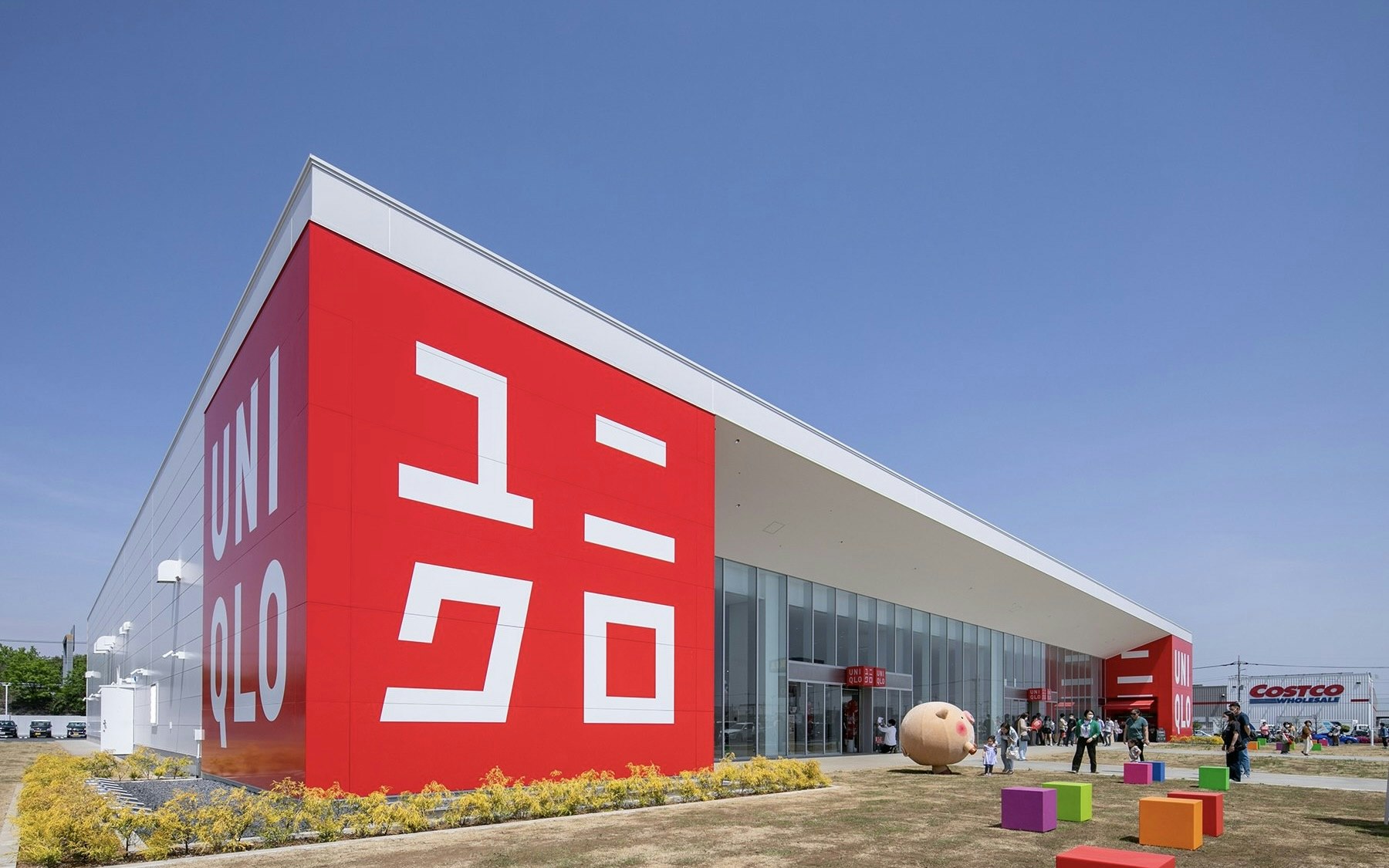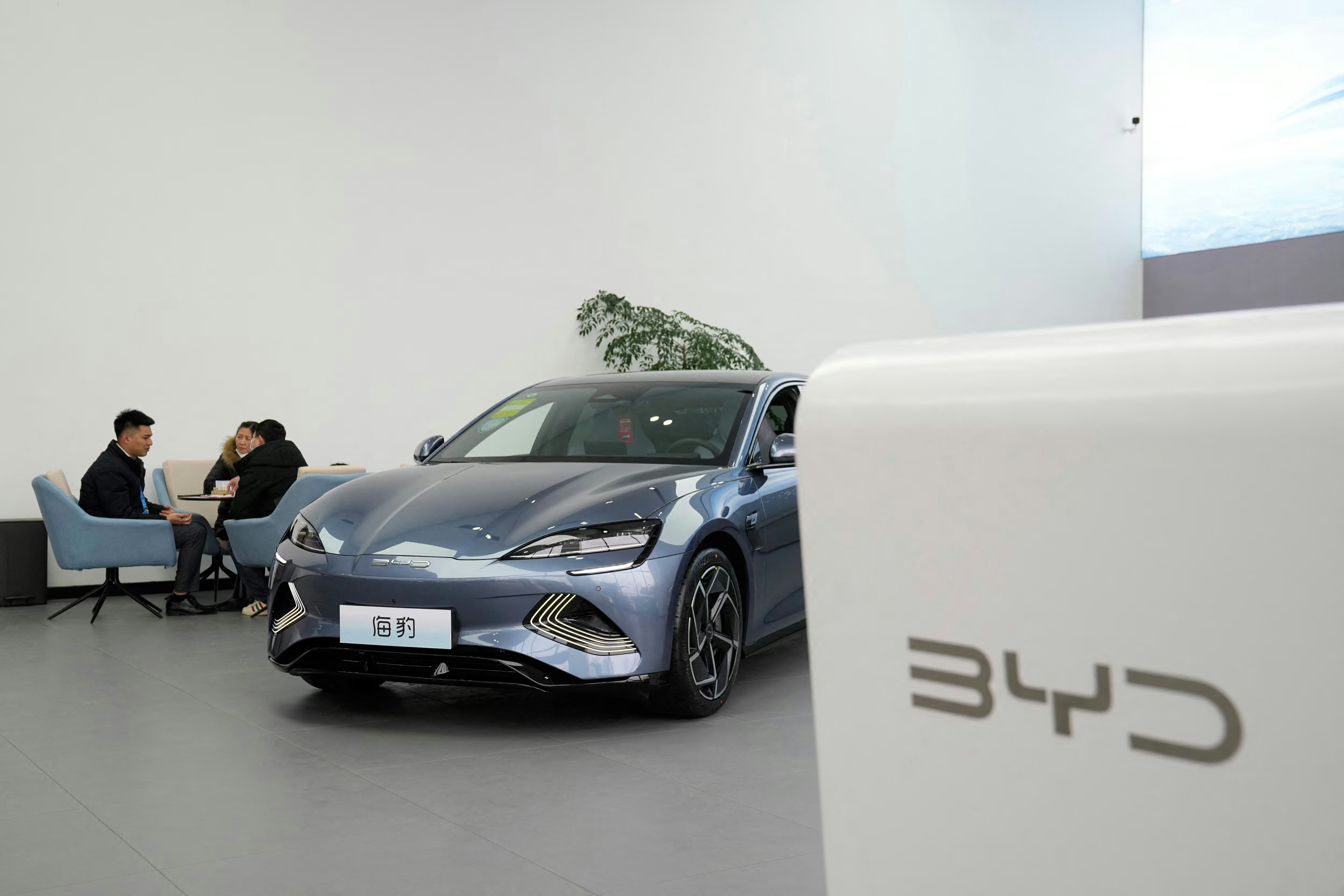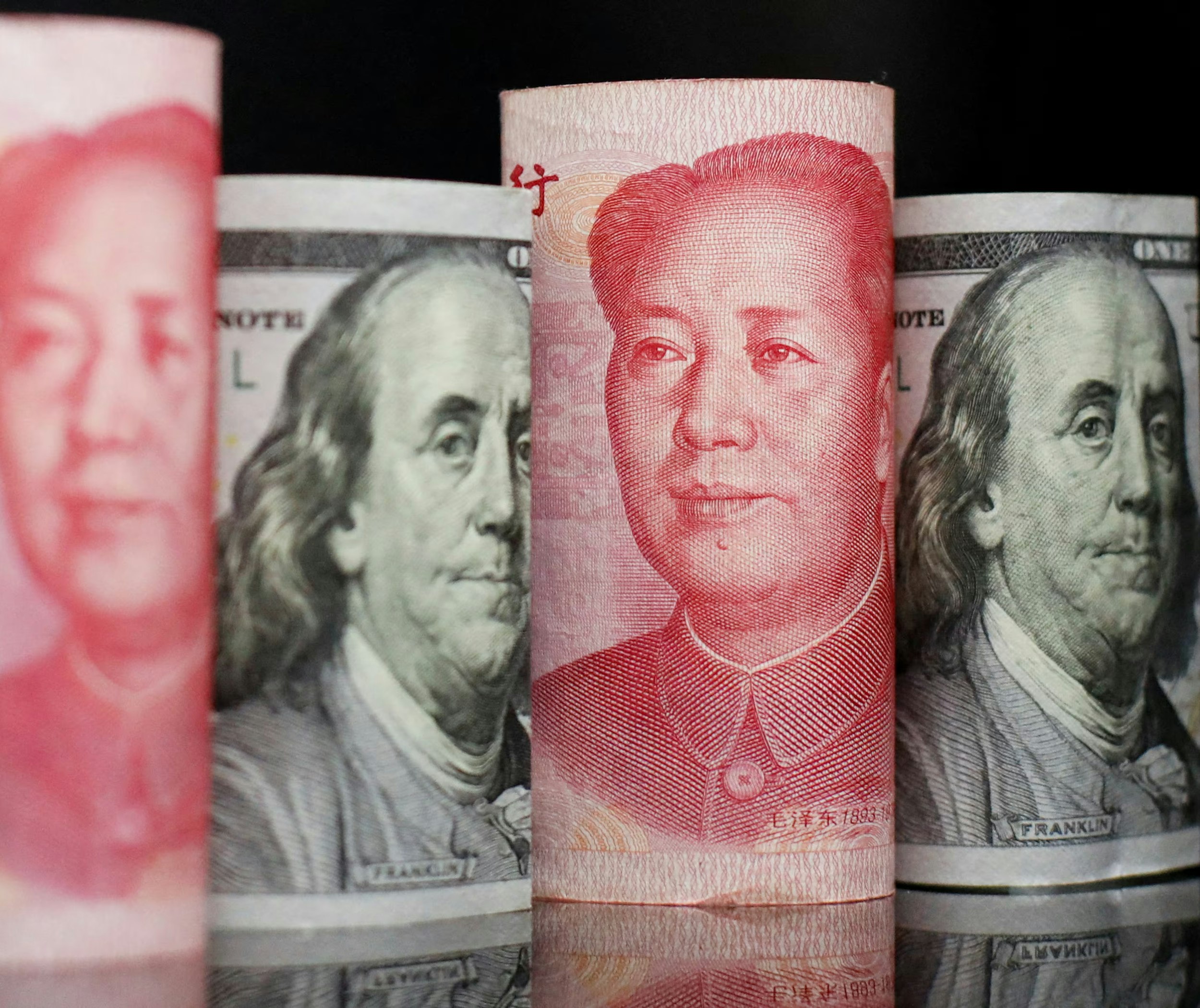Uniqlo Announces Opening of 11 New Stores in the USA, Stepping Up Efforts to Re-establish Its Casual Clothing Brand Among American Consumers Following Earlier Business Setbacks. Five of the New Outlets Will Open in Texas, a State Where Uniqlo Previously Had No Presence, While the Remaining Stores Will Be Established in California, Where the Company Already Operates 19 Stores. The Brand, Which Belongs to the Japanese Company Fast Retailing, Currently Has About 74 Stores in North America, With the Majority in the USA. Uniqlo Plans to Open More Than 20 Stores in North America This Year, Including in States Such as Washington and Massachusetts, and Aims to Have 200 Stores on the Continent by 2027.
After the first opening of a US store in 2005 and subsequent difficulties leading to store closures, Yoshihide Shindo, the CEO of Uniqlo USA, says that the company has now developed a better understanding of American consumers' tastes. For instance, crop tops have become a staple in the USA, even though they are less popular in other markets. The company has also leveraged its e-commerce presence to better pinpoint locations for brick-and-mortar stores, with Texas taking third place behind New York and California in e-commerce sales despite lacking physical stores.
Uniqlo is Part of a Wave of Foreign Retailers Trying to Gain a Foothold in the US. Among the Retailers Expanding Their Presence in Physical Stores are also Primark, Zara, JD Sports, and IKEA.
In the last fiscal year, which ended in August, Uniqlo's sales in North America rose by 43.7% to 163.9 billion yen, which is approximately 1.08 billion US dollars. Despite this growth, Uniqlo is lagging behind competitors like Shein, Old Navy, and H&M in market share in the USA. Neil Saunders, Managing Director of the research firm GlobalData, notes that Uniqlo initially had difficulty connecting with American customers, as the products were considered too basic. Recently, however, Uniqlo has added fashion items, which has encouraged customers to visit the stores more frequently. In addition, Uniqlo is benefiting from the casual wear trend and from price-sensitive consumers who are looking for value during times of inflation.







